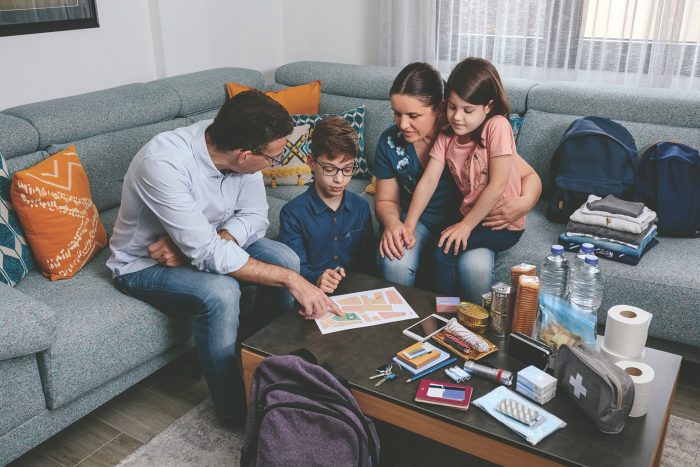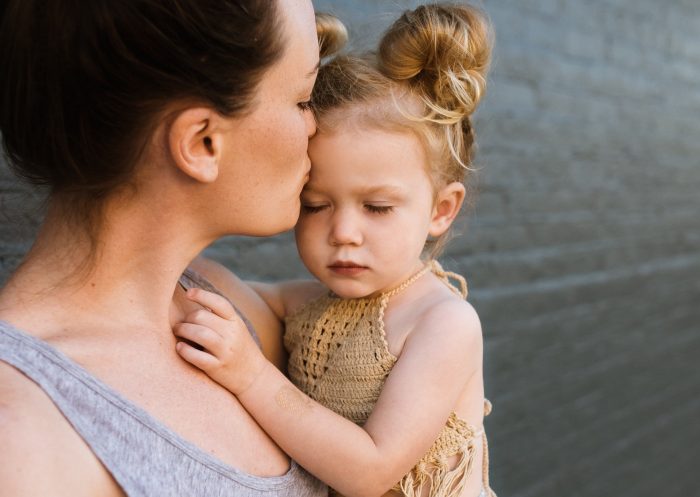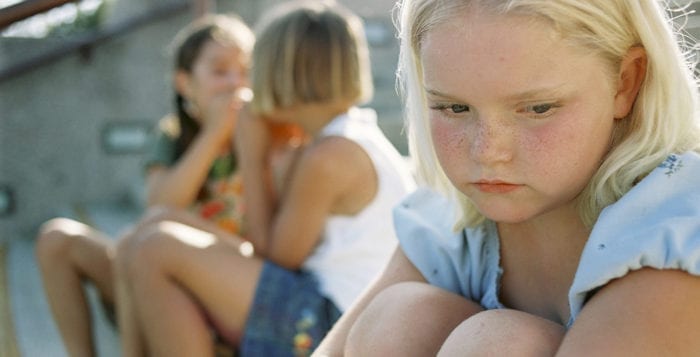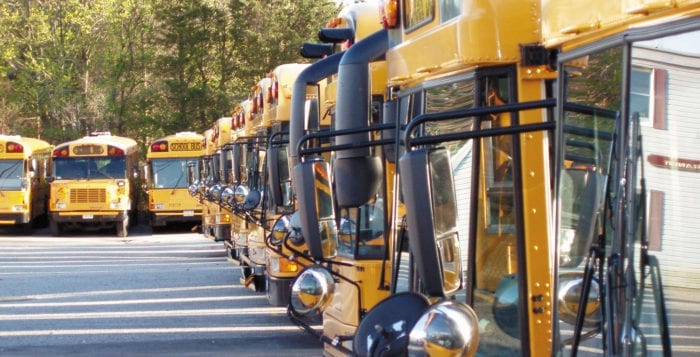By Daniel Dunaief
When we are born, the experience is passive, as we don’t suddenly decide, despite what our families might tell us later about how we couldn’t wait to see the world, that it’s time to leave the womb.
Similarly, once we’re outside, we don’t make many choices. We can’t say, “Milk? Again? You don’t have orange juice or maybe a chocolate milkshake?”
The people around us, the customs that define our days and years, the languages we speak and many other factors that shape who we are remain outside our control.
Definitions of normal vary by our circumstances. People who share a single room and one bathroom with four siblings and those with four dogs, three cats, and two parakeets typically accept the conditions around them.
“Everyone has a crazy Uncle Allen and a chatty Aunt Dorothy,” they think. Or, perhaps, “everyone shops for a new wardrobe each year before the start of a school year” or “doesn’t everyone run three miles before breakfast every morning?”
And then, in the journey through life, we get a window into the lives of other people.
When our daughter was about four years old, she visited a friend, who, our daughter reported, drank soda with breakfast and ate candy as a post breakfast snack. “I like soda,” our daughter declared after the playdate. “Why can’t I have it with breakfast, too?”
It’s not just visits to other homes that become eye-opening experiences: we read about people, watch dramas about their lives, and get a sense of what we think we might strive for or reject in our expanding world.
We and our children see our families in a completely different light when we have the opportunity to compare them to the world outside. Sometimes, we not only measure up, but we exceed the limitations of other people’s lives. Our children might, for example, spend time with parents who pay little to no attention to their sons and daughters, barely aware of their comings and goings.
At that point, our helicopter parenting, which made them gnash their teeth every time we asked for more details about the events of their day, upcoming tests, school dances, or tryouts for school plays, might seem considerably less unbearable or even, dare I say it, charming.
Other times, we fall short in ways that even our children recognize is well outside the experience of most people. Some of their friends’ parents might own private jets, have a spare house on the lake, or have season tickets near the front row to watch one of their favorite teams.
Despite the id-driven desire to have similar life amenities, our children, sooner or later, recognize that they shouldn’t expect such lavish luxuries, even if they secretly, or, perhaps, not so secretly, hope to attain them.
And then there are the times when the world outside the family seems like the kind of easy-going, light-hearted, jovial tv show in which they’d like to star as the plucky but successful child.
During those moments, we can ask some questions about what they want or wish for that they don’t have, or that, perhaps, they find too cumbersome. Yes, we tell them, we really are related to that wacky Uncle Allen, but that doesn’t mean our children are going to become like him or that he has no redeeming qualities. Indeed, the search for redeeming qualities in everyone, starting with our own extended family, may help re-inflate our disappointed children.
If the head-to-head match up leaves them wanting something else, we have other options. We can suggest that no one will ever love or appreciate them as much as we do.
We can also suggest that they can use their desire for something more or different to inspire them to work hard for it and to find it for themselves and, if they choose to have one, for their own families.
Hopefully, our children can recognize that, on balance, the things that they considered givens — material, cultural, ethical and otherwise — didn’t drop from the sky, but came from hard work and the best of intentions.










